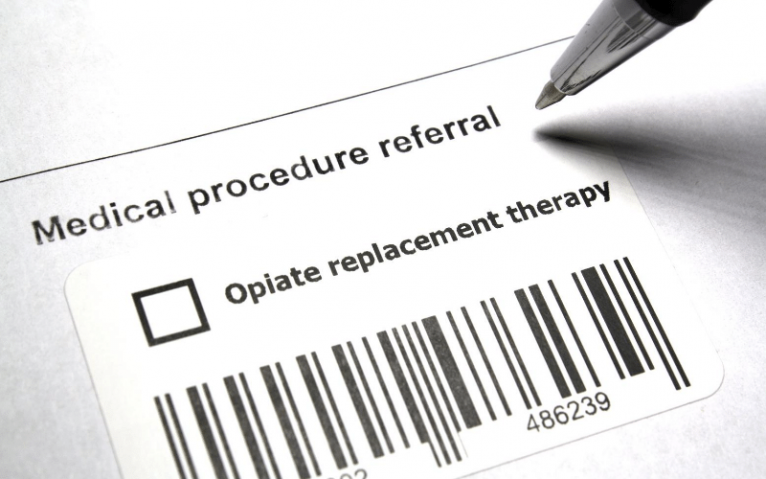What Are Opiate Blockers?
The search for medications to treat opiate addiction began way back in the 1960s. Naloxone was one of the first drugs synthesized. Its purpose is to reverse overdoses. Since then, the FDA has approved multiple opiate blockers in the treatment of opiate addiction.
Each medication is different, and each has its pros and cons. Learning about options is vital for professionals. It’s also crucial for patients so that they can make the best choice for their recovery journey.
What Does Family Therapy Have To Do With Treatment Outcomes?
Available Opiate Blockers
In 1961, scientists created naloxone. Ten years later, the FDA approved it for use in hospitals. The drug works by reversing opiate overdoses. By the 1990s, average citizens could access naloxone. Since then, countless people have used naloxone due to the opiate epidemic. It’s often known by one of its brand names, Narcan. Several years later, naltrexone entered the scene. However, this drug was not available to patients until the 1980s. Since then, recovering patients have used it to reduce cravings and block opiates and alcohol. Other medications, including opiate blockers, commonly used in treatment, are buprenorphine (also known as Suboxone), Vivitrol, and methadone. Regarding these medications, making an informed decision about which choice is right for each individual is necessary.
Pros and Cons of MAT Options
Opiate blockers and medications used to treat opiate addiction are commonly called “MAT” or medication-assisted treatment. Many facilities use MAT. SAMHSA currently endorses MAT. Many of these drugs are very effective in treating addiction, especially when combined with therapy. However, some carry significant risks. Below is a breakdown of the pros and cons of each medication option.
- Naloxone: Also known as Narcan, this drug can reverse the effects of opiate overdose. Naloxone can give someone enough time to make it to the hospital to be treated by professionals. However, it does not work to reduce cravings and not daily medication.
- Naltrexone: Professionals commonly prescribe this drug as a daily medication. It works like other opiate blockers by preventing users from getting a “high” and reducing cravings. The cons of naltrexone include some side effects (nausea) and the potential for a user to stop taking the drug if they wish to relapse.
- Buprenorphine: Also called Suboxone, this medication blocks the effects of opiates and reduces cravings. However, this drug is highly addictive. Commonly found in detox protocols for patients to minimize withdrawal symptoms.
- Methadone: This is not technically an opiate blocker. It’s a “maintenance” drug. Methadone also eliminates withdrawal symptoms and reduces cravings. However, it is also highly addictive. Methadone can cause severe dependence and withdrawal symptoms.
- Vivitrol: This is a long-acting injection form of naltrexone. It works in the same way, to block the effects of opiates and alcohol. Vivitrol also reduces cravings. It can be more effective than daily naltrexone because it lasts for a month. As a result, the patient has more time to recover with a lower risk of relapse.
The Importance of Comprehensive Treatment
Opiate blockers are great tools for supporting addicts in early recovery. Research shows that they are most effective when combined with addiction treatment. The medications work to reduce cravings so that the individual can focus on rebuilding their life in recovery. It also requires therapy, developing life skills and coping skills, addressing trauma or grief, and receiving treatment for any other conditions that can impact drug use.
At Lighthouse Recovery Institute, we combine all of these approaches. Our program offers safe, non-addictive MAT options to support patients who struggle with severe cravings. Along with MAT, our team collaborates with each patient to assist them in reaching their goals for a life in recovery. So, if you are looking for quality, ethical, evidence-based treatment for addiction, give us a call today.









